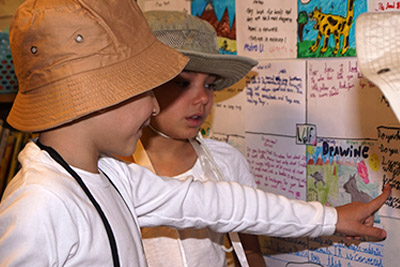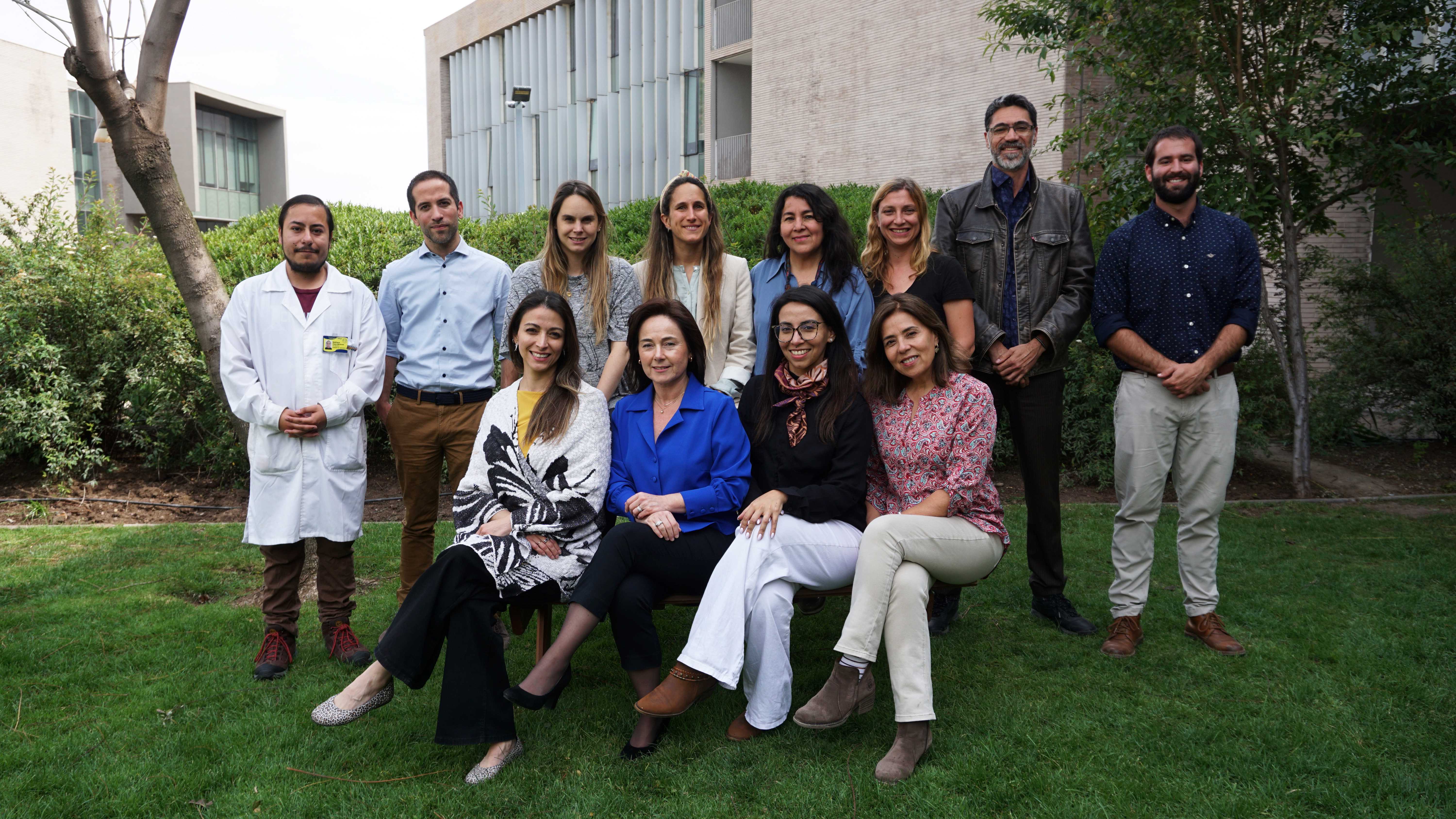The Sciences (Biology, Physics, Chemistry and Environmental Systems and Societies) aim to understand nature in order to establish a healthy relationship between human beings and their environment. The structures of science contain concepts, laws, and hypotheses, but the central role is in verification through experiment.
At Santiago College, each science subject is guided by the International Baccalaureate programs. Our students must come to understand and apply that any claim made about an observable phenomenon must be supported by experimentation, which is, having evidence to support it.
Our classes are active and focus on students being the ones to discover the concepts and laws. For this reason, important work is carried out in our laboratories, which comply very well with the International Baccalaureate and Chilean Ministry of Education requirements.


The International Baccalaureate defines the different disciplines that make up the Sciences in the following way:
Biology: Is the study of life. Biologists attempt to understand the living world at all levels, employing many different approaches and innumerable techniques. At one end of the scale is the cell, its molecular structure, and the complex metabolic reactions that take place there. At the other end of the scale, biologists investigate the interactions that regulate the functioning of entire ecosystems.
Physics: Is the most fundamental of the experimental sciences, as it tries to give an explanation of the universe itself, from the smallest particles that constitute it (quarks, perhaps fundamental in the true sense of the word) to the enormous intergalactic distances.
Chemistry: Is an experimental science that combines academic study with the acquisition of practical and research skills. It is known as “a fundamental science” because chemical principles are the basis of the physical environment in which we live and of all biological systems.
Environmental Systems and Societies: Is firmly rooted both in a scientific exploration of environmental systems in terms of their structure and function, and in the exploration of the cultural, economic, ethical, political and social interactions of societies with the environment.

Head of area: Carolina Cifuentes
Team
Carolina Cifuentes
Cristina Barboza
Rebeca Droguett
Federico Márquez
Caterine Santillán
Camila Schmiede
Pablo Ignacio Tello
Pamela Urra
Valentina Bunster
Pilar Swett
Steffan Villablanca
Matheus Reyes